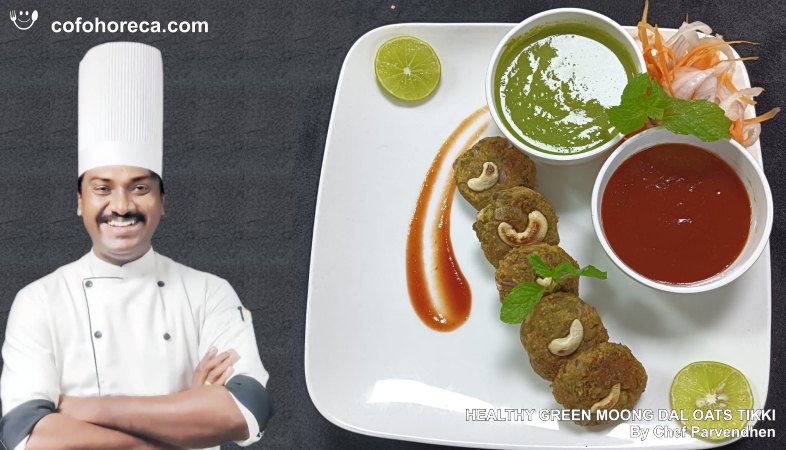Mindful Eating: Savoring the Art of Every Bite
In a world often characterized by rushed meals and distracted dining, the practice of mindful eating emerges as a transformative approach to nourishment.

In a world often characterized by rushed meals and distracted dining, the practice of mindful eating emerges as a transformative approach to nourishment. It goes beyond the act of consuming food; it is a conscious and intentional engagement with every bite, fostering a deeper connection with the culinary experience and promoting overall well-being.
At its core, mindful eating is about being present in the moment, fully aware of the flavors, textures, and sensations of each bite. This practice encourages individuals to engage all their senses, turning a simple meal into a sensory journey. From the aroma that wafts from the plate to the various textures that dance on the palate, every element becomes a focal point for attention and appreciation.
One key aspect of mindful eating is the cultivation of gratitude for the food on the plate. Understanding the journey of each ingredient, from farm to table, fosters a profound appreciation for the effort and resources involved in bringing nourishment. This awareness extends beyond the immediate moment, promoting a sustainable and respectful relationship with food.
Mindful eating also involves paying attention to hunger and fullness cues. Rather than adhering to external cues or strict dietary rules, individuals listen to their bodies, acknowledging when hunger arises and savoring the satisfaction of satiety. This attunement to internal signals fosters a healthier relationship with food, free from the constraints of restrictive diets or mindless overeating.
The pace of eating is another crucial aspect of mindfulness. In a culture that often prioritizes speed, mindful eating encourages individuals to slow down and savor each bite deliberately. This deliberate pace not only enhances the overall dining experience but also allows the body to register fullness more effectively, reducing the likelihood of overeating.
In the modern era, where distractions abound, mindful eating encourages the practice of disconnecting from electronic devices and other external stimuli during meals. Creating a dedicated and serene environment for dining enhances the mindfulness experience, allowing individuals to focus solely on the act of eating without the intrusion of outside influences.
The benefits of mindful eating extend beyond the immediate sensory pleasure of a well-prepared meal. Research suggests that cultivating mindfulness in eating habits can contribute to weight management, improved digestion, and a heightened sense of overall well-being. It transforms meals from a routine task into a mindful ritual, promoting a positive relationship with food that transcends the mere act of consumption.
In conclusion, mindful eating is a conscious and intentional approach to nourishment, transforming meals into mindful rituals. By savoring every bite with gratitude, attuning to internal cues, and embracing a deliberate pace, individuals can cultivate a healthier and more meaningful relationship with food, promoting overall well-being in both body and mind.
.png)





























